Part 2 of 2 Parts (Please read Part 1 first)
Tobias Harris is the author of a biography of Shinzo Abe. He is a senior fellow at the Center for American Progress in Washington, D.C. He recently said that the remarks by the former Japanese Prime Minister with respect to nuclear weapons was an indication of the “tremendous pressure” the current Prime Minister Fumio Kishida was likely to face from his party’s right wing as his government reviews Japan’s national security strategy and other key defense and diplomatic documents this year. He tweeted that “Whether this debate happens in the near term, the taboo on discussing this subject has eroded substantially over the past 15-20 years.”
When asked about an invasion of or contingency around neighboring Taiwan, Abe called for the U.S. to abandon its long-standing policy of “strategic ambiguity” over whether or not if would defend Taiwan, urging a clearer approach. Abe said, “The U.S. takes a strategy of ambiguity, meaning it may or may not intervene militarily if Taiwan is attacked. By showing it may intervene, it keeps China in check, but by leaving the possibility that it may not intervene, it makes sure that the (Taiwanese) forces for independence do not run out of control. It is time to abandon this ambiguity strategy. The people of Taiwan share our universal values, so I think the U.S. should firmly abandon its ambiguity.”
Restating his position that a contingency over Taiwan would also represent an emergency for Japan, he said that the Okinawan Island of Yonaguni is just seventy miles from Taiwan. If China carried out an invasion of Taiwan, he said, it would obviously first establish air and sea superiority in the areas that would probably cover Japanese airspace and territorial waters.
China calls Taiwan a “core issue” and sees it as a renegade province that must be brought back into the fold even if force is required. China has increased its military activity near the island almost daily over the past two years. The U.S. has maintained a “one China” policy since 1979. It officially recognizes Beijing rather than Taipei. The Taiwan Relations Act requires the U.S. to provide the island with the means to defend itself.
Japan does not have formal diplomatic ties with Taiwan. It has traditionally remained silent on the issue in order to not antagonize China who is its biggest trading partner. Japan has now embarked on a bolder approach amid its concerns over Chinese assertiveness near Taiwan and elsewhere.
Abe’s remarks Sunday come as the Ukraine crisis has triggered fears that China many be looking to take a page from Russia’s playbook and invade Taiwan. Observers say that while the two scenarios on the surface share some similarities, the strategic lessons that China and Taiwan could gather from the Ukraine invasion are limited and potentially misleading.
In addition to Japan’s consideration of nuclear weapons as a response to southeast Asia’s deteriorating security situation, South Korea is currently engaged in a similar debate with respect to the possible acquisition nuclear weapons. Perhaps they are also considering a sharing arrangement like NATO’s.
Blog
-
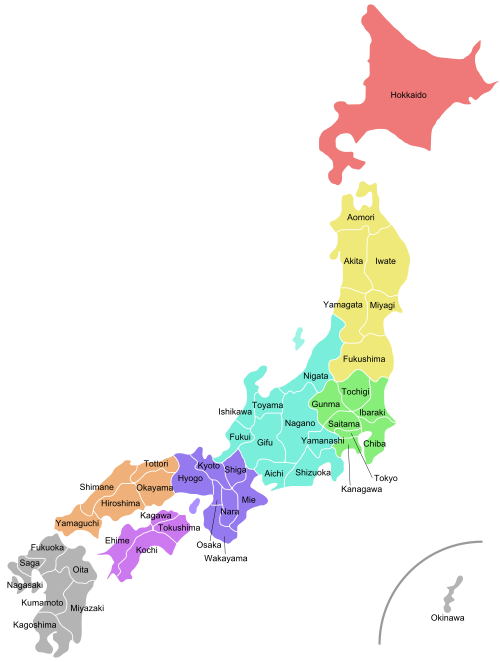
Nuclear Weapons 768 – Japan May Reconsider Acquiring Nuclear Weapons – Part 2 of 2 Parts
-
Nuclear News Roundup Mar 08, 2022
Rolls-Royce SMR design accepted for review world-nuclear-news.org
France sees new nuclear reactors going online by 2035-37 reuters.com
US programme supports Ghana nuclear progress world-nuclear-news.org
Nuclear waste shipment touches down safely in Australia abc.net.au
-
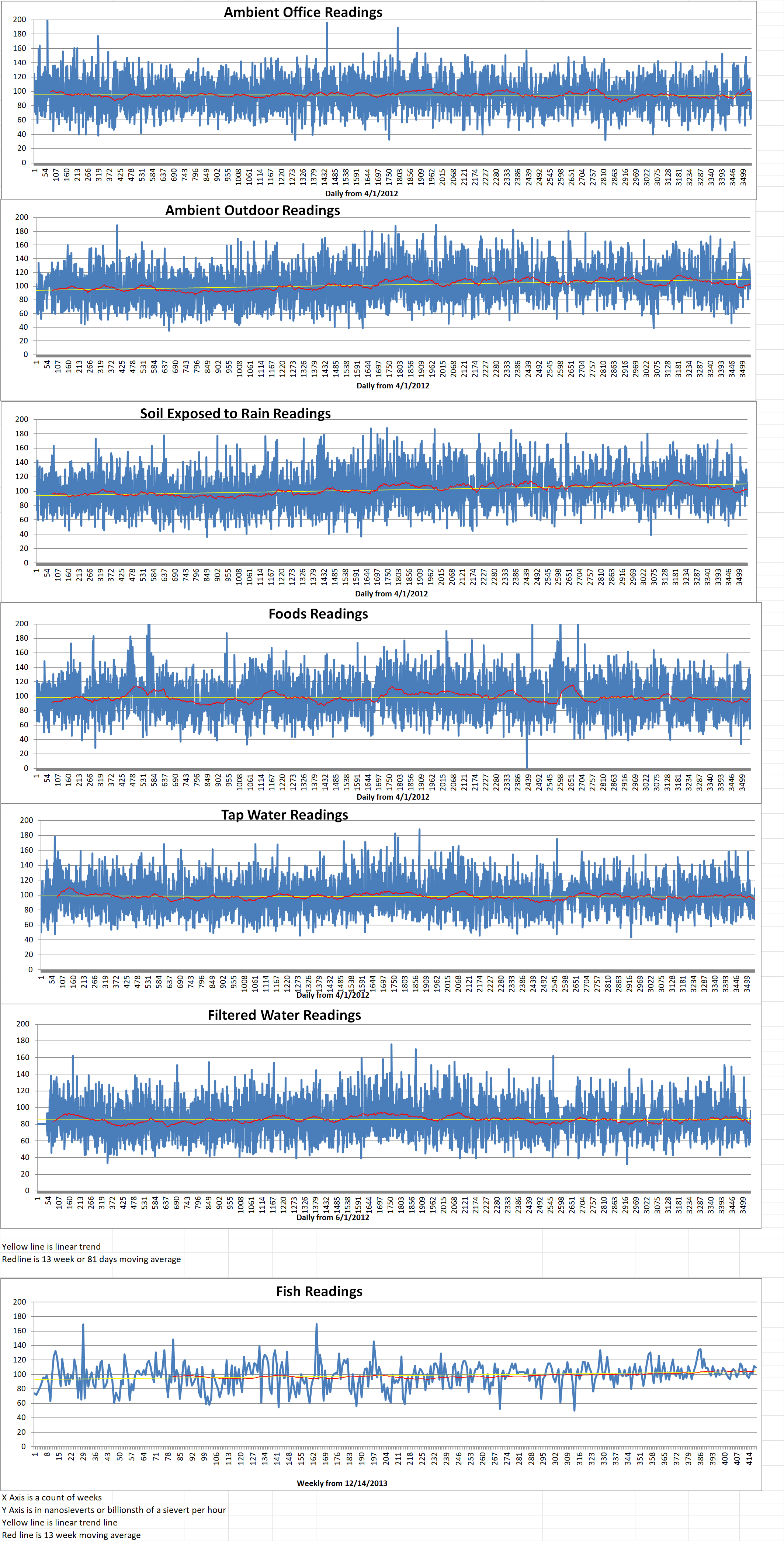
Geiger Readings for Mar 08, 2022
Ambient office = 98 nanosieverts per hour
Ambient outside = 97 nanosieverts per hour
Soil exposed to rain water = 93 nanosieverts per hour
English cucumbers from Central Market = 130 nanosieverts per hour
Tap water = 109 nanosieverts per hour
Filter water = 96 nanosieverts per hour
-
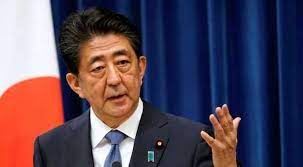
Nuclear Weapons 767 – Japan May Reconsider Acquiring Nuclear Weapons – Part 1 of 2 Parts
Part 1 of 2 Parts
Shinzo Abe is a former Prime Minister of Japan. Last Sunday he suggested that Japan should break a long-standing taboo and hold an active debate on the possibility of Japanese acquisition of nuclear weapons. He included the possibility of some sort of “nuclear sharing” program similar to the one that NATO operates in conjunction with the U.S. His comments were prompted by the Russian invasion of Ukraine. He said, “Japan is a signatory to the Nuclear Non-Proliferation Treaty and has its three non-nuclear principles, but it should not treat as a taboo discussions on the reality of how the world is kept safe.”
Abe quit as Japanese Prime Minister in 2020 but is still highly influential as the head of the ruling Liberal Democratic Party’s largest faction. He noted that if Ukraine had kept some of the Soviet nuclear weapons stationed there during the Cold War instead of sending them back to Russia in exchange for a security guarantee, it may not have been invaded by Russia a few days ago.
Abe stressed what the Japanese government said is an “increasingly severe security environment” in Asia. This includes threats posed by China’s growing assertiveness and North Korea’s nuclear program. Abe pointed to NATO’s nuclear sharing arrangements as an example of how Japan could counter those and other threats to its security. He said, “Japan should also consider various options in its discussions, including nuclear sharing.
The NATO nuclear sharing arrangement permits the U.S. to keep its nuclear weapons in Europe under its custody. It allows allies who do not have nuclear weapons to share them and participate in the decision-making process in the event that their use is being considered.
The Japanese cities of Hiroshima and Nagasaki were devastated by U.S. atomic bombs at the end of World War II. This makes it the only country on Earth that has ever experienced a nuclear attack. Currently, Japan relies on the U.S. nuclear umbrella to deter threats. This was written into the pacifist postwar Constitution that was drawn up at the end of World War II after Japan surrendered.
Japan has three non-nuclear principles that were first laid out in 1967. They call for Japan to never possess, produce or allow nuclear weapons on Japanese territory. The spirit of these principles has been secretly violated in the past. Polling suggests that the Japanese citizens remain steadfastly against the idea of Japan acquiring its own nuclear arsenal. However, Abe hinted that a sharing agreement similar to NATO’s could be a more acceptable option for the Japanese public.
Abe said that “Many people in Japan probably don’t know about the NATO sharing system.” Abe added that Japan would have to maintain its long-held goal of abolishing nuclear weapons. He also said that “It’s important to move toward that goal, but when it comes to how to protect the lives of Japanese citizens and the nation, I think we should conduct discussions by taking various options fully into consideration.”
Please read Part 2 next -
Nuclear News Roundup Mar 07, 2022
Putin’s nuclear alert part of ‘pattern’ of ‘manufacturing threats’: Psaki abcnews.go.com
Iran’s Nuclear Deal Cannot Limit Tehran’s Missile Programme – Nour News usnews.com
‘Guaranteed defeat’: President Putin supervises nuclear drills Aljazeera.com
North Korea accused of testing ICBM system, restoring nuclear test site jpost.com
-
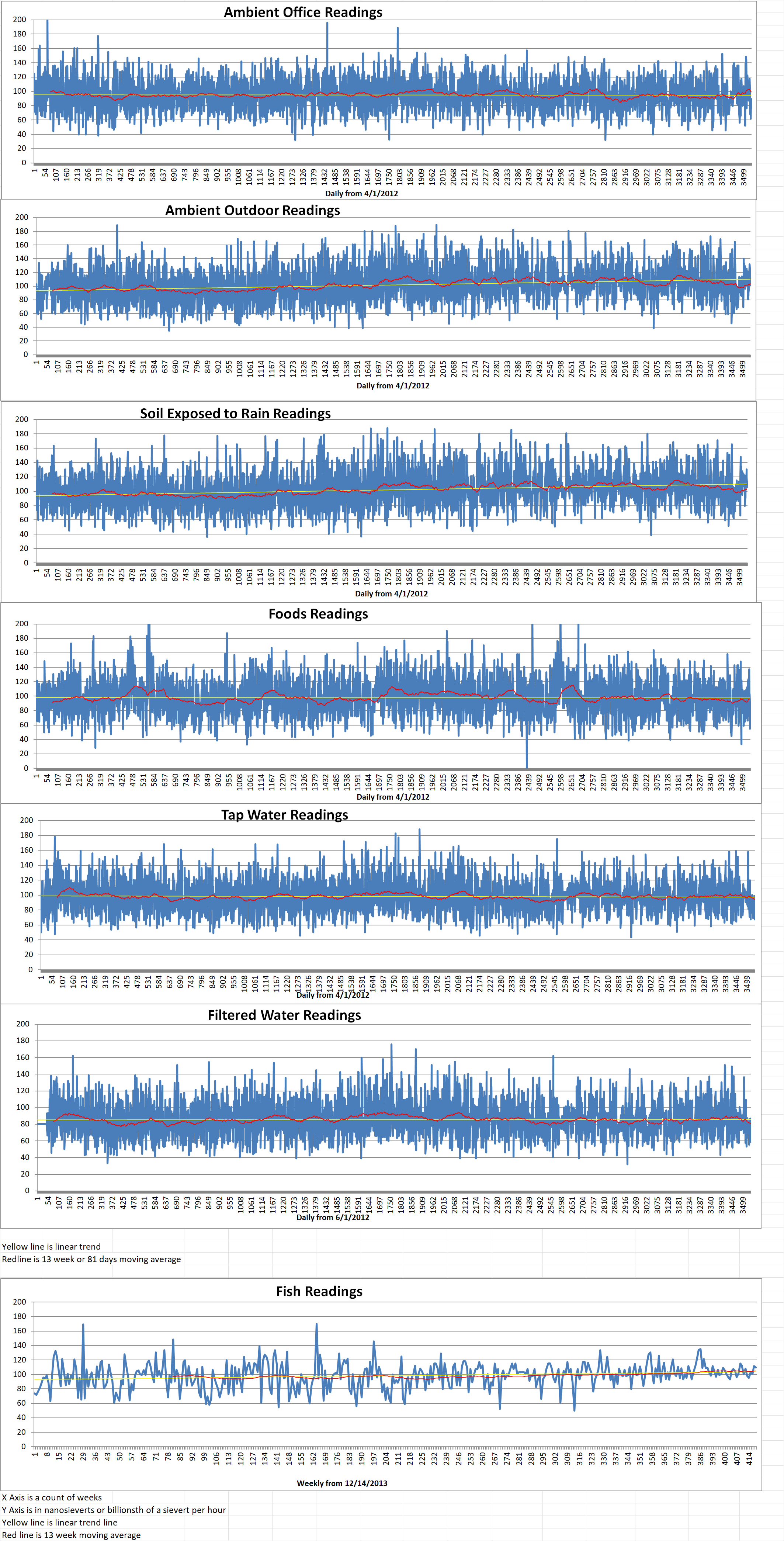
Geiger Readings for Mar 07, 2022
Ambient office = 89 nanosieverts per hour
Ambient outside = 112 nanosieverts per hour
Soil exposed to rain water = 112 nanosieverts per hour
Blueberry from Central Market = 66 nanosieverts per hour
Tap water = 67 nanosieverts per hour
Filter water = 59 nanosieverts per hour
-
Nuclear News Roundup Mar 06, 2022
North Korea Could Return to ICBM, Nuclear Tests This Year-U.S. Intelligence Report usnews.com
Indian test reactor reaches operation landmark world-nuclear-news.org
Zelenskyy says Putin’s threats of nuclear war are a ‘bluff’ that shows ‘nothing else is working’ news.yahoo.com
It doesn’t take a madman to start a nuclear war timesnews.net
-
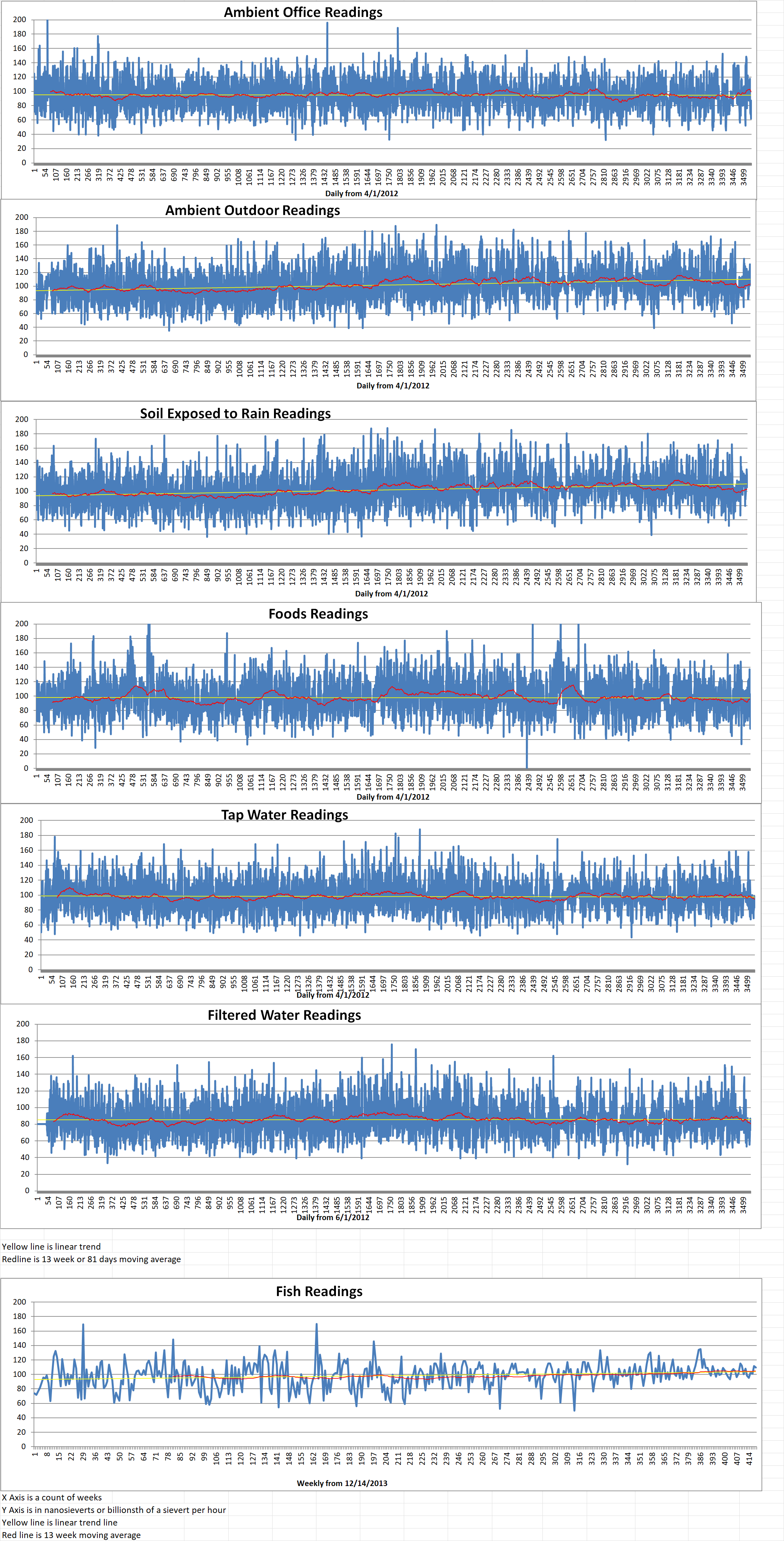
Geiger Readings for Mar 06, 2022
Ambient office = 77 nanosieverts per hour
Ambient outside = 102 nanosieverts per hour
Soil exposed to rain water = 106 nanosieverts per hour
English cucumbers from Central Market = 55 nanosieverts per hour
Tap water = 87 nanosieverts per hour
Filter water = 73 nanosieverts per hour
-
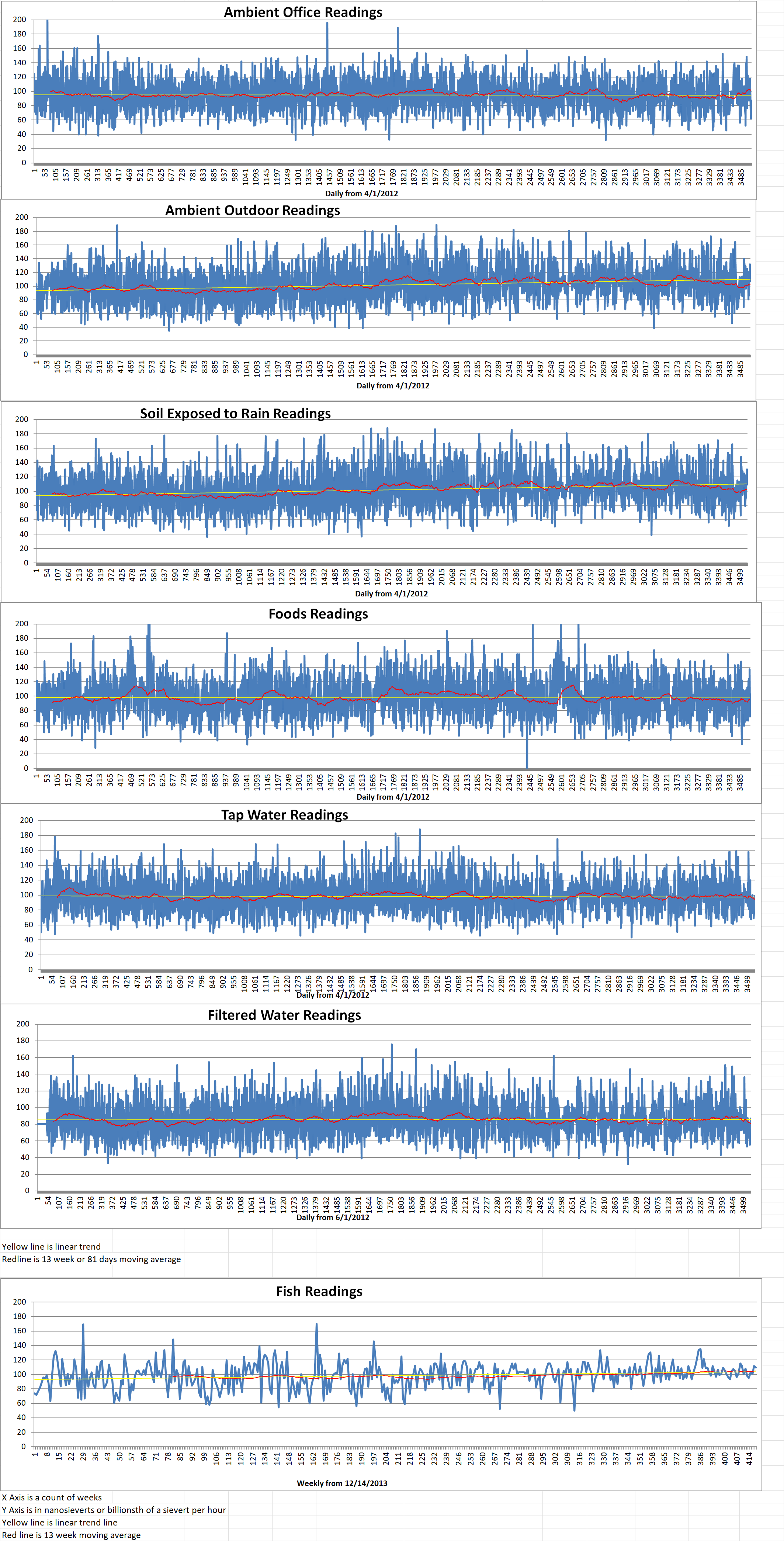
Geiger Readings for Mar 05, 2022
Ambient office = 87 nanosieverts per hour
Ambient outside = 107 nanosieverts per hour
Soil exposed to rain water = 109 nanosieverts per hour
English cucumbers from Central Market = 88 nanosieverts per hour
Tap water = 94 nanosieverts per hour
Filter water = 85 nanosieverts per hour
Dover sole = 110 nanosieverts per hour
-
Nuclear News Roundup Mar 05, 2022
Did you know Guilford County has a nuclear blast plan? Myfox8.com
New satellite photos show first construction in years at North Korea nuclear test site, analysts say nbcnews.com
Karachi 3 begins supplying electricity world-nuclear-news.org
Philippines relaunches nuclear energy program world-nuclear-news.org
